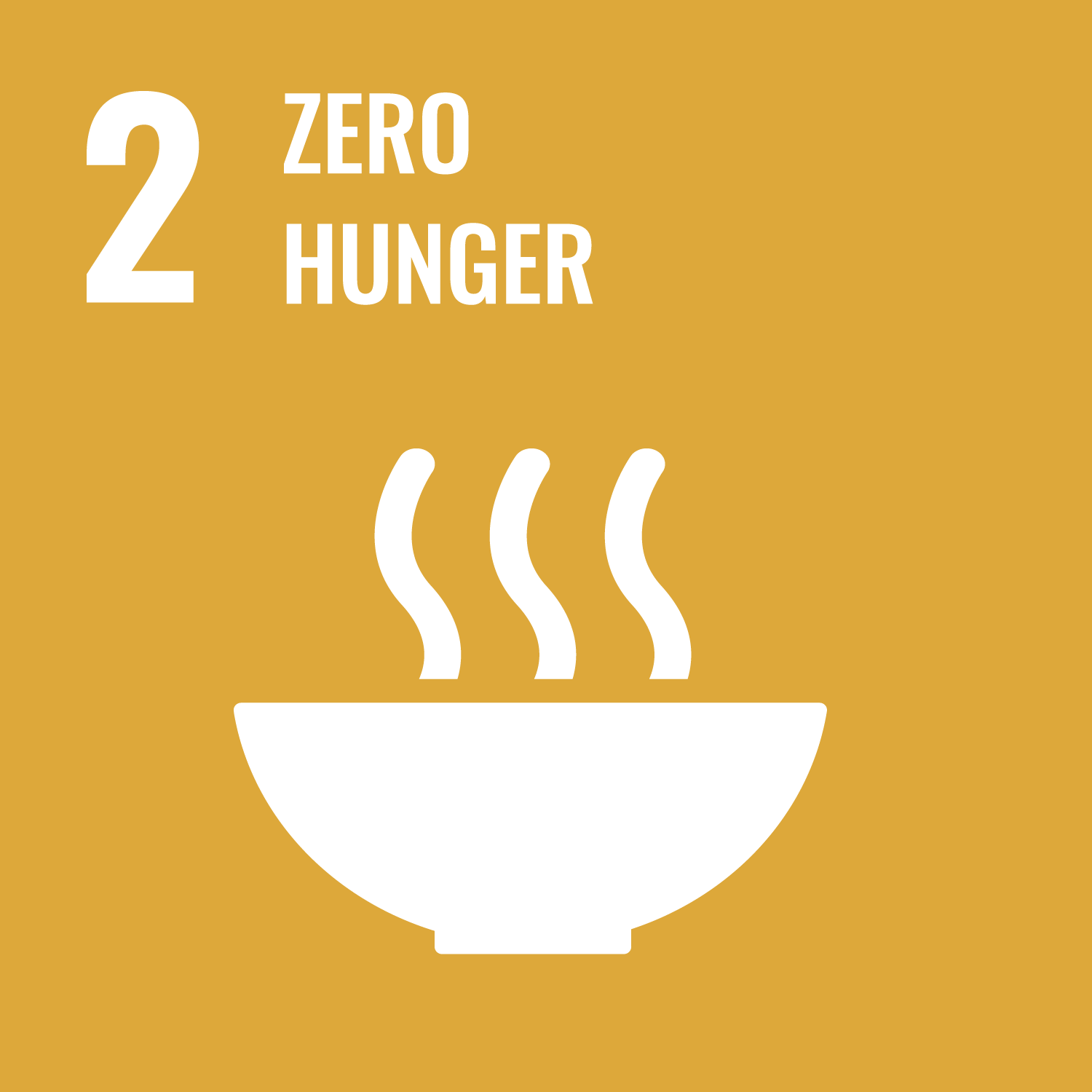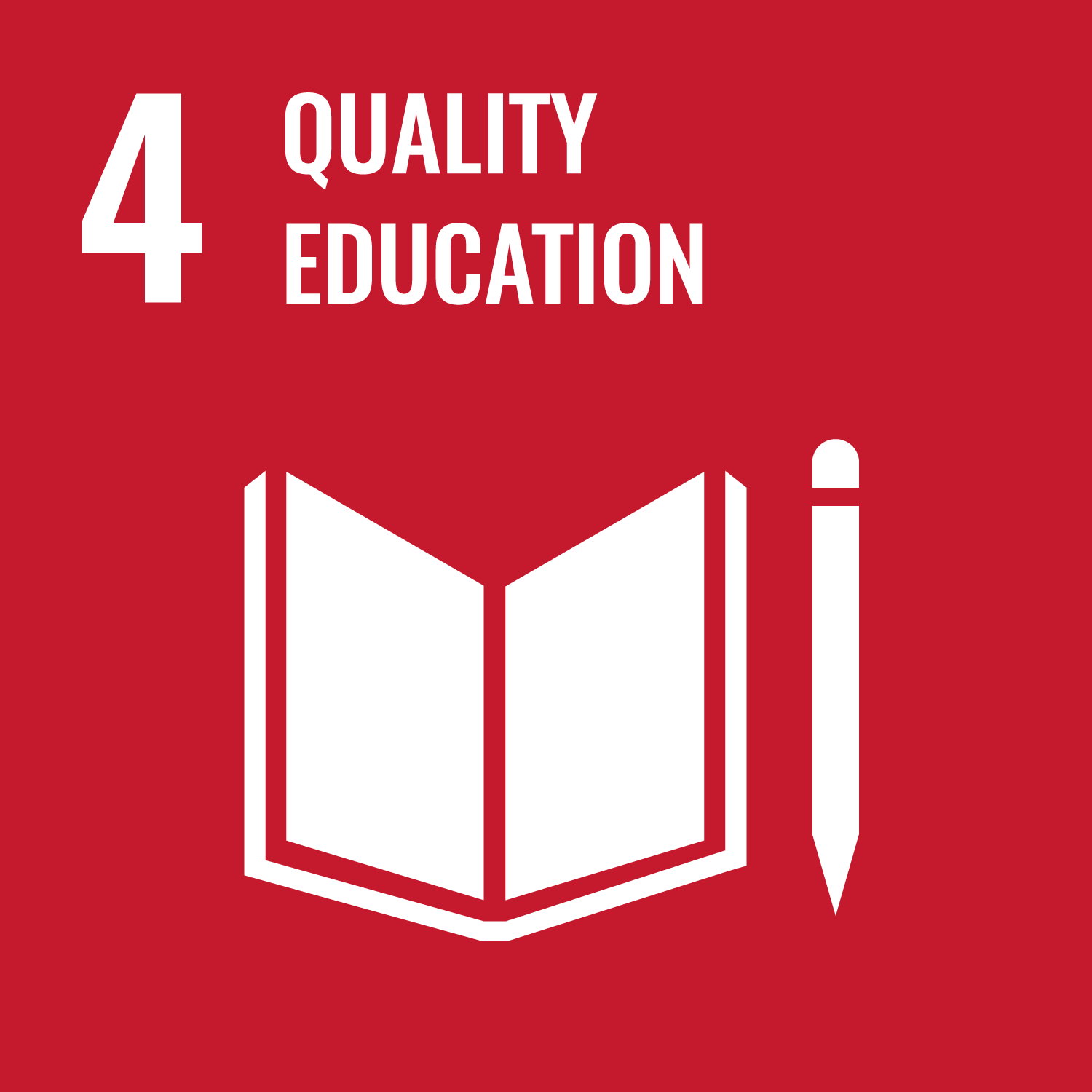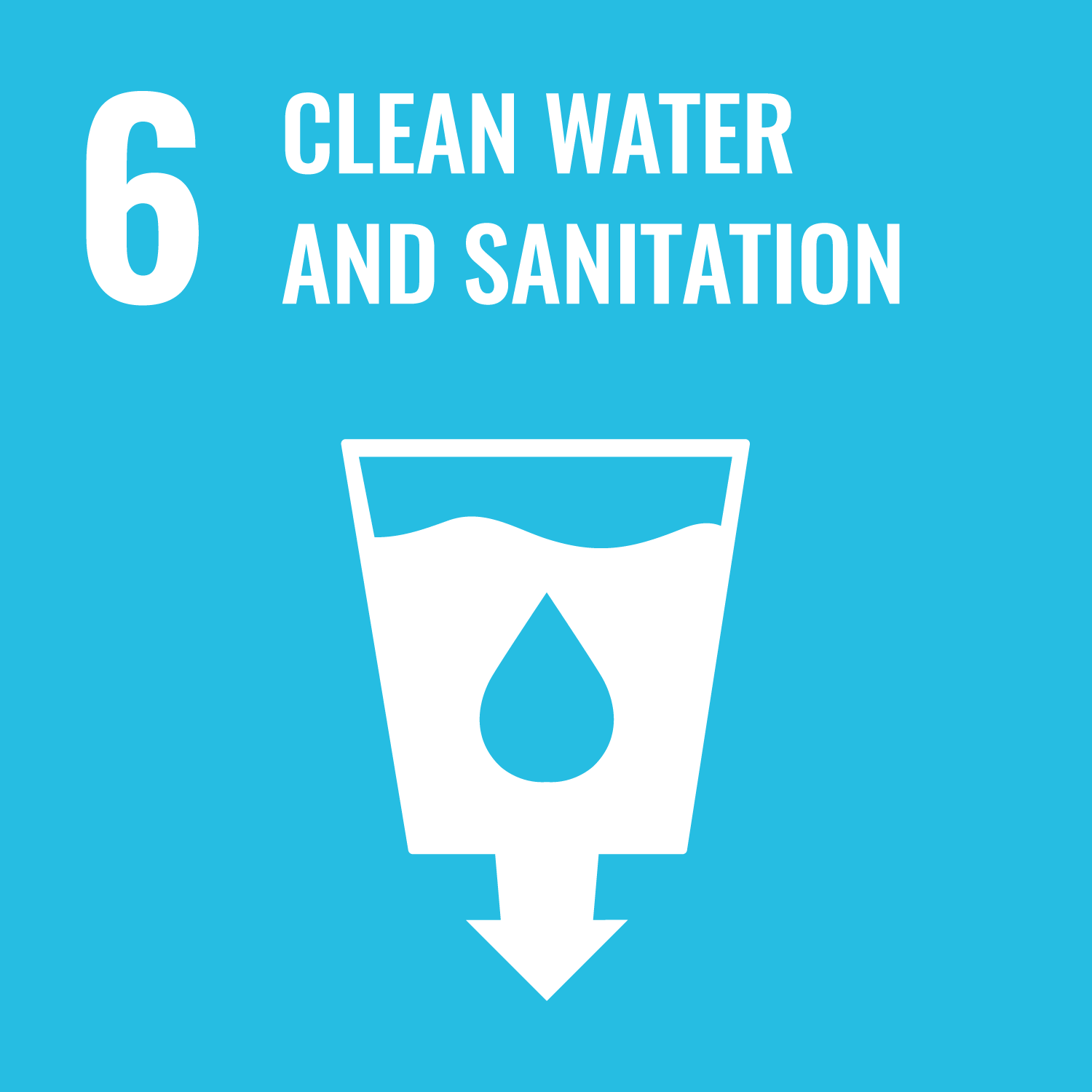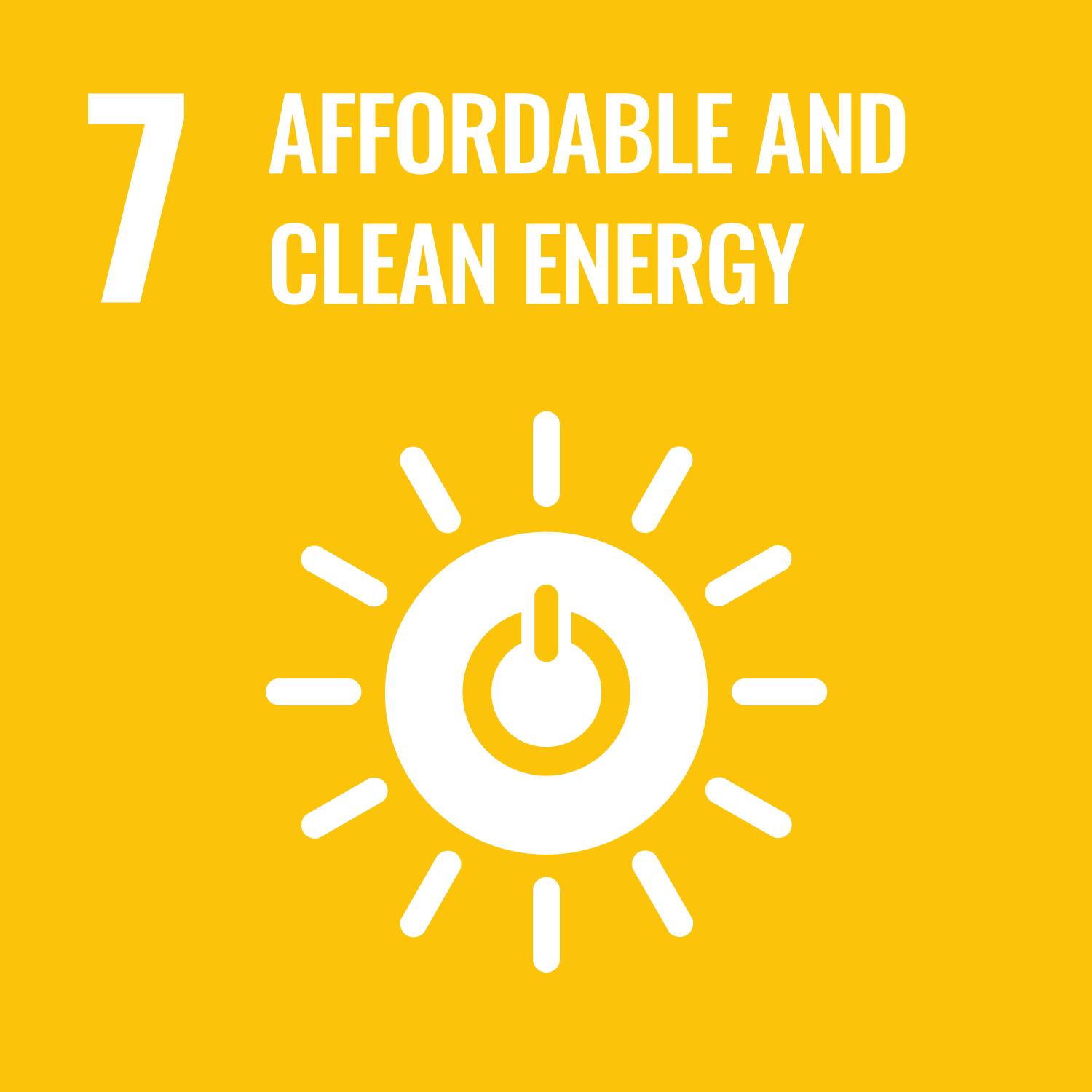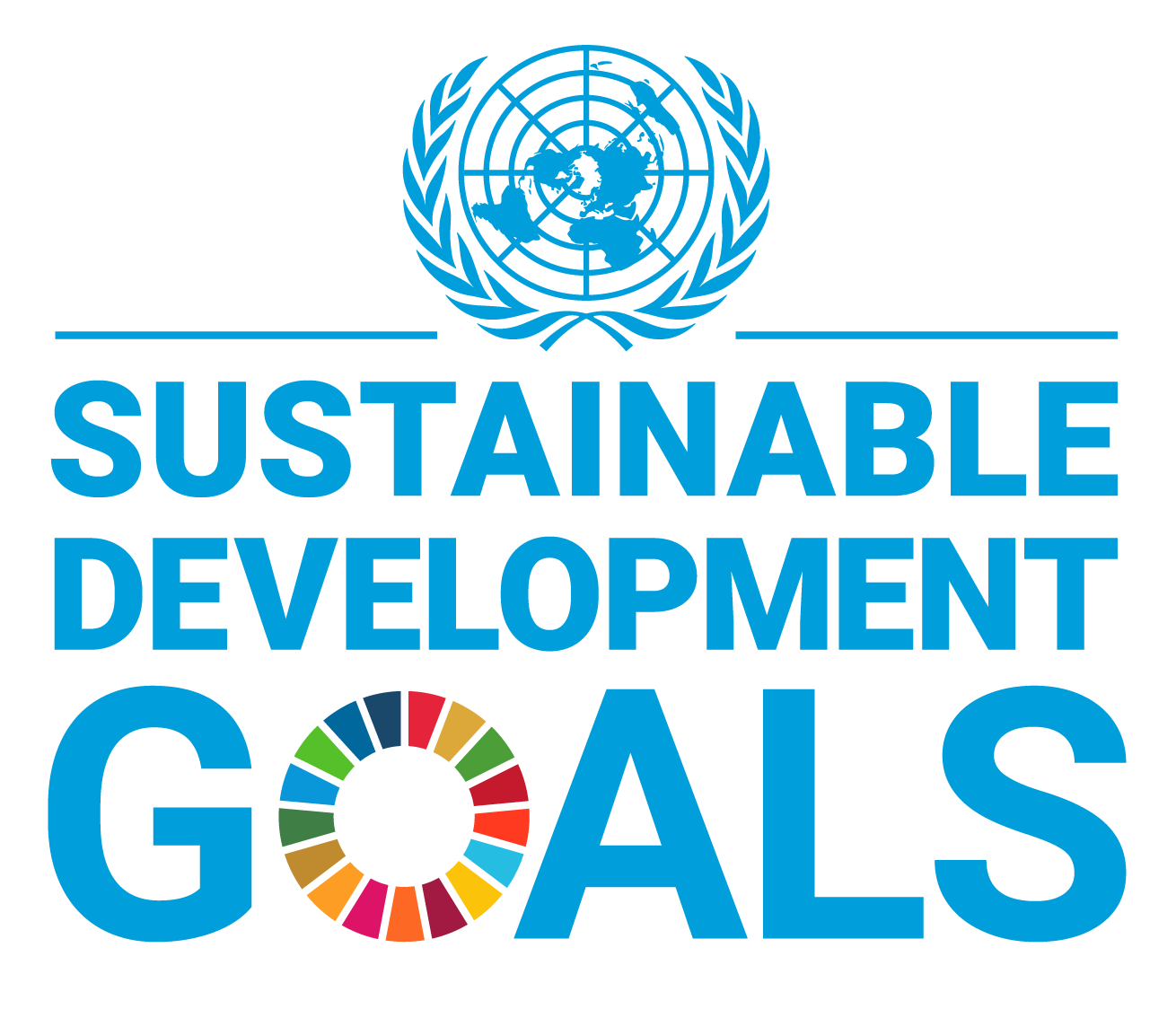- Beranda
- Tentang Kami
- Akademik
- Kemahasiswaan
- Riset
- Unit Layanan Fakultas
- LPPKM
- SDGs Initiatives
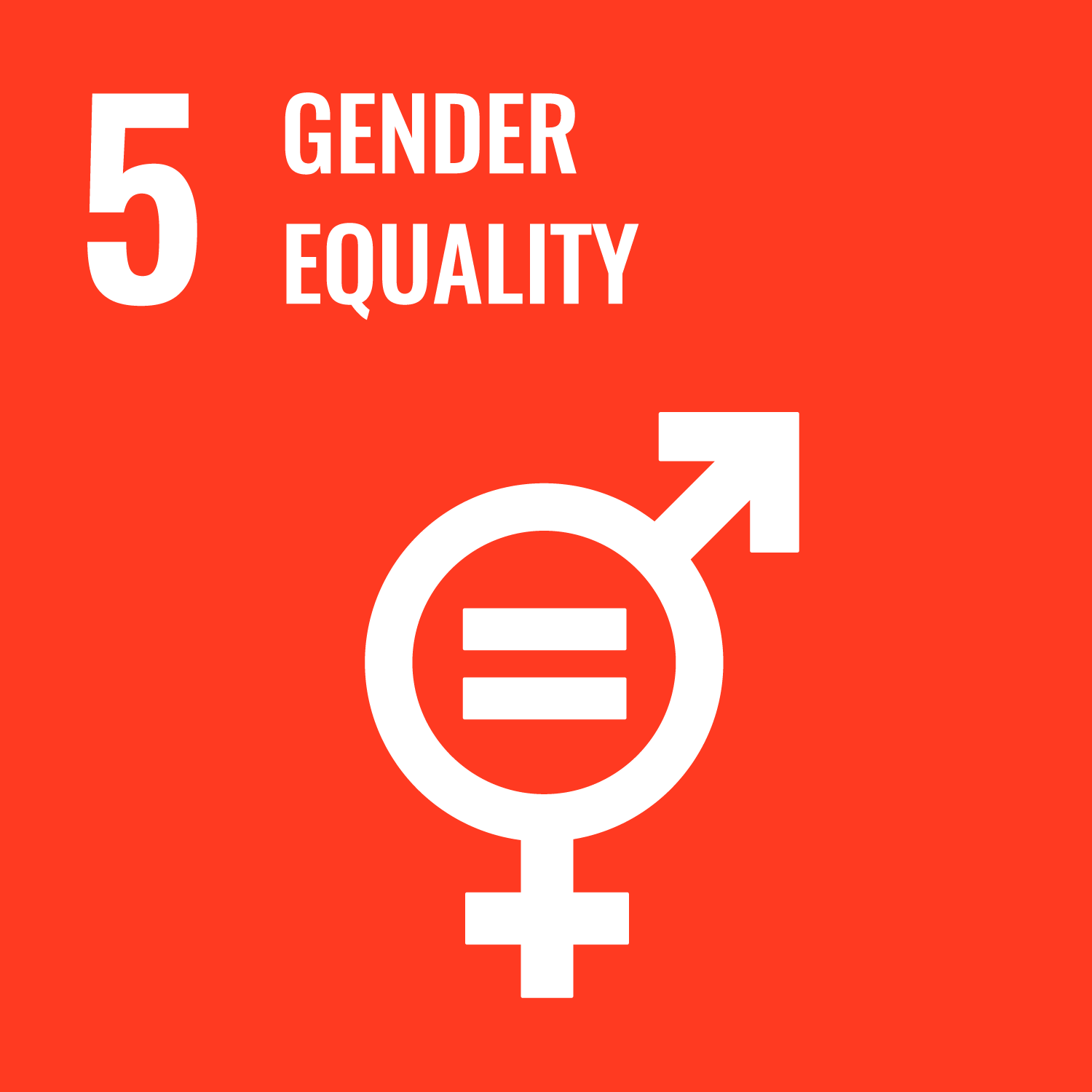

Most of the students at the Faculty of Public Health are women. In 2024, out of 11.880 applicants who wish to continue their studies at the Faculty of Public Health, >49.6% of them are women. In addition, among 2.488 active students, 78.01% of them are women.
Gender equality is demonstrated, among other things, by providing opportunities and fair and non-discriminatory treatment for everyone regardless of race, ethnicity, religion, gender, marital status, age, disability and sexual orientation. The Faculty of Public Health of Universitas Indonesia does not limit the number of women participating in student registration and admission. We follow the policy used within Universitas Indonesia which implements the University of Indonesia Entrance Selection (SIMAK) program as an independent selection pathway that can be followed by all genders.
The scholarships distributed throughout the year of 2024 by the Faculty of Public Health already include female and male students. Among the recipients of the scholarships, 80.25% of them are female students. This supports gender equality at the Faculty of Public Health.
The Faculty of Public Health of Universitas Indonesia has a special class to discuss the roles of women and women’s rights, which is taught through the Basic Reproductive Health class. Apart from that, several research centers within the faculty collaborate a lot with Non-Governmental Organizations (NGOs) that work in the field of women empowerment. The faculty also conducts a lot of research on the role of women in the health sector, including the following:
1) Lecturer of FPH UI; Ratu Ayu conduct a research entitled Parental Support and Exclusive Breastfeeding at 3 Months in West Java, Indonesia: A Mixed-Methods Approach.
2) Lecturer of FPH UI; Fathimah Sulistyowati Sigit conduct a research entitled Factors Influencing The Prevalence of Anaemia in Female Adolescents: A population-Based Study of Rural Setting in Karanganyar, Indonesia
3) Lecturer of FPH UI; Besral conduct a research entitled Common Mental Disorders and Associated Factors During Pregnancy and the Postpartum Period in Indonesia: An Analysis of Data From the 2018 Basic Health Research
One form of gender equality is that the Faculty of Public Health of Universitas Indonesia follows the policy of providing maternity leave for its employees who give birth. This policy is outlined in Peraturan Rektor Nomor 33 Tahun 2018 tentang Manajemen Sumber Daya Manusia Universitas Indonesia (Rector Regulation number 33 of 2018 concerning Human Resources Management, University of Indonesia, Articles 73, 74 and 76). Maternity leave is given for a maximum of 3 calendar months, while leave for important reasons is given for a maximum of 1 calendar month. Employees who take maternity leave still receive full salary, but do not receive meal allowances and transportation allowances.
The Faculty of Public Health follows the policy of providing maternity leave for its employees who give birth, as well as leave for important reasons for husbands whose wives give birth. This policy is outlined in Peraturan Rektor Nomor 33 Tahun 2018 tentang Manajemen Sumber Daya Manusia Universitas Indonesia (Rector Regulation number 33 of 2018 concerning Human Resources Management, University of Indonesia, Articles 73, 74 and 76). Maternity leave is given for a maximum of 3 calendar months, while leave for important reasons is given for a maximum of 1 calendar month. Employees who take maternity leave still receive full salary, but do not receive meal allowances and transportation allowances.
LPPKM: There is no data related to maternity policies that support women’s participation.
Universitas Indonesia has a policy regarding the Alleged Violation Reporting System, which was approved by the Rector of Universitas Indonesia in 2022 through Rector’s Decree No. 36. Through the Decree, the Rector of Universitas Indonesia emphasized the principles and objectives, types of violations, and the mechanism for resolving reports.
The Decree also emphasizes the protection and reward for whistleblowers who report alleged violations (including discrimination) of the principle of loss of education or employment. Alleged violations can be reported through the university’s Alleged Violation Reporting System (Sistem Pelaporan Dugaan Pelanggaran Universitas Indonesia (Sipduga UI) or to the university’s Whistleblowing System (WBS UI). To support this policy, the Faculty of Public Health has also established a policy of Gratification Control and Reporting of Whistleblowing System (WBS) violations through the Dean’s Decree that can be found on the faculty’s website. Additionally, the Faculty of Public Health also has an electronic-based reporting platform through the E-Komplain application which is equipped with Standard Operational Guidelines (POB) Handling Complaints via E-Komplain: POB-SMT-
004/UN2.F10.D.13.2/OTL.03.00/2024. The identity of the reporter is guaranteed confidentiality.
The Faculty of Public Health follows the policy of providing paternity leave for important reasons for husbands whose wives give birth. This policy is outlined in Peraturan Rektor Nomor 33 Tahun 2018 tentang Manajemen Sumber Daya Manusia Universitas Indonesia (Rector Regulation number 33 of 2018 concerning Human Resources Management, University of Indonesia, Articles 76. Paternity leave is given for male employees whose wives give birth/cesarean section can given leave for important reasons, while leave for important reasons is given for a maximum of 1 calendar month. Employees who take paternity leave, do not receive meal allowances and transportation allowances.


